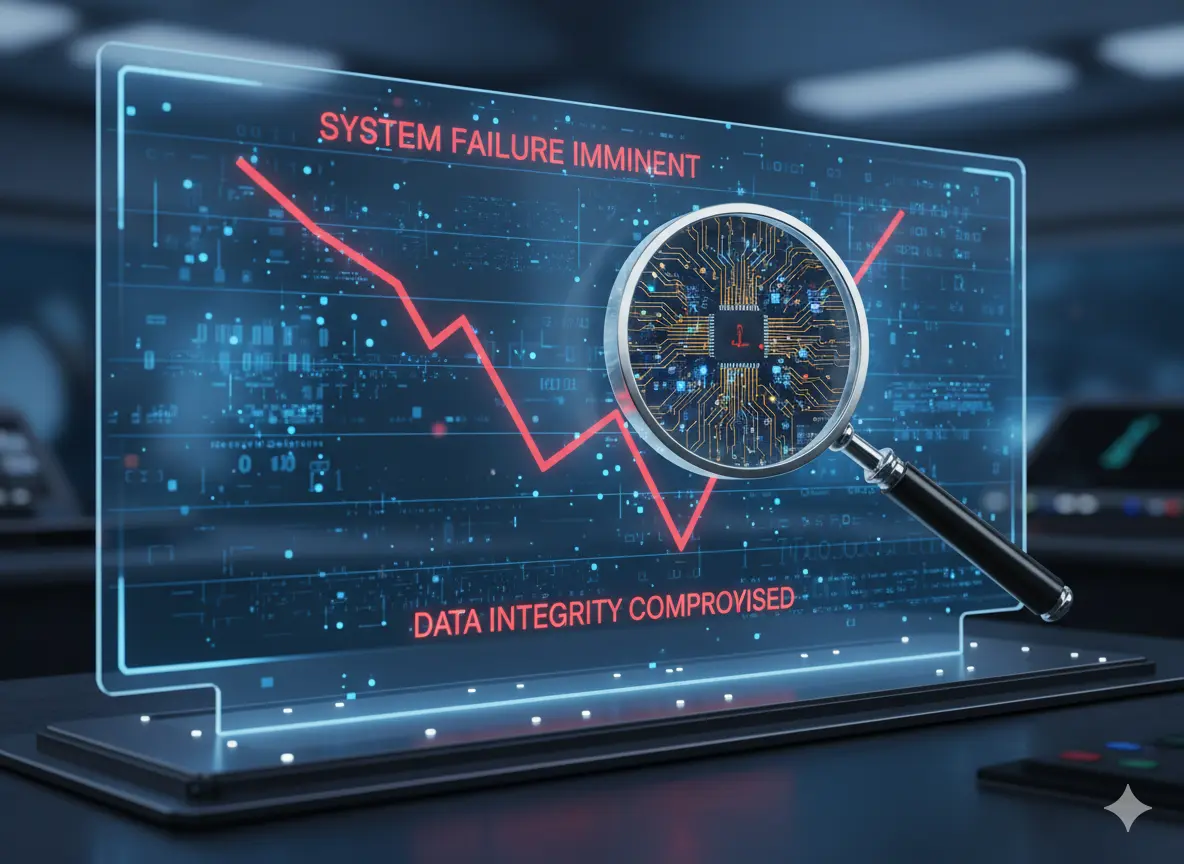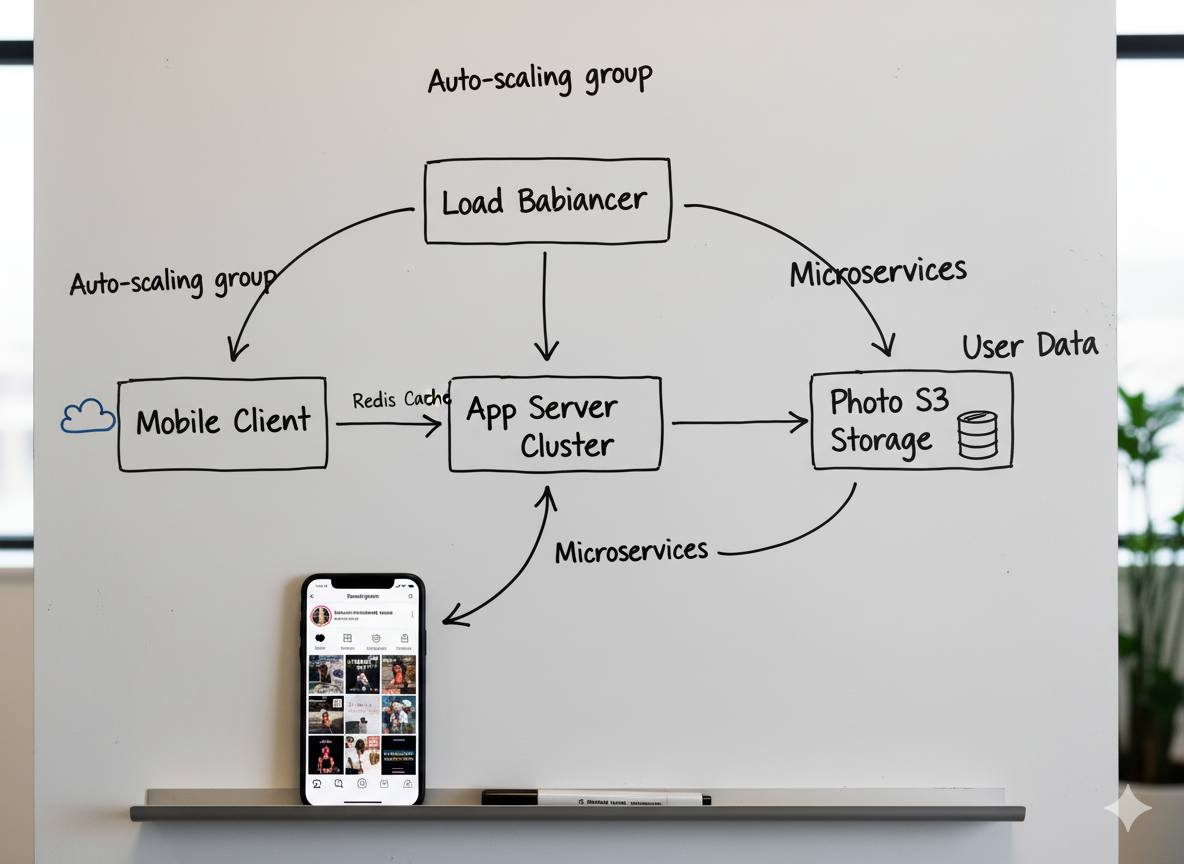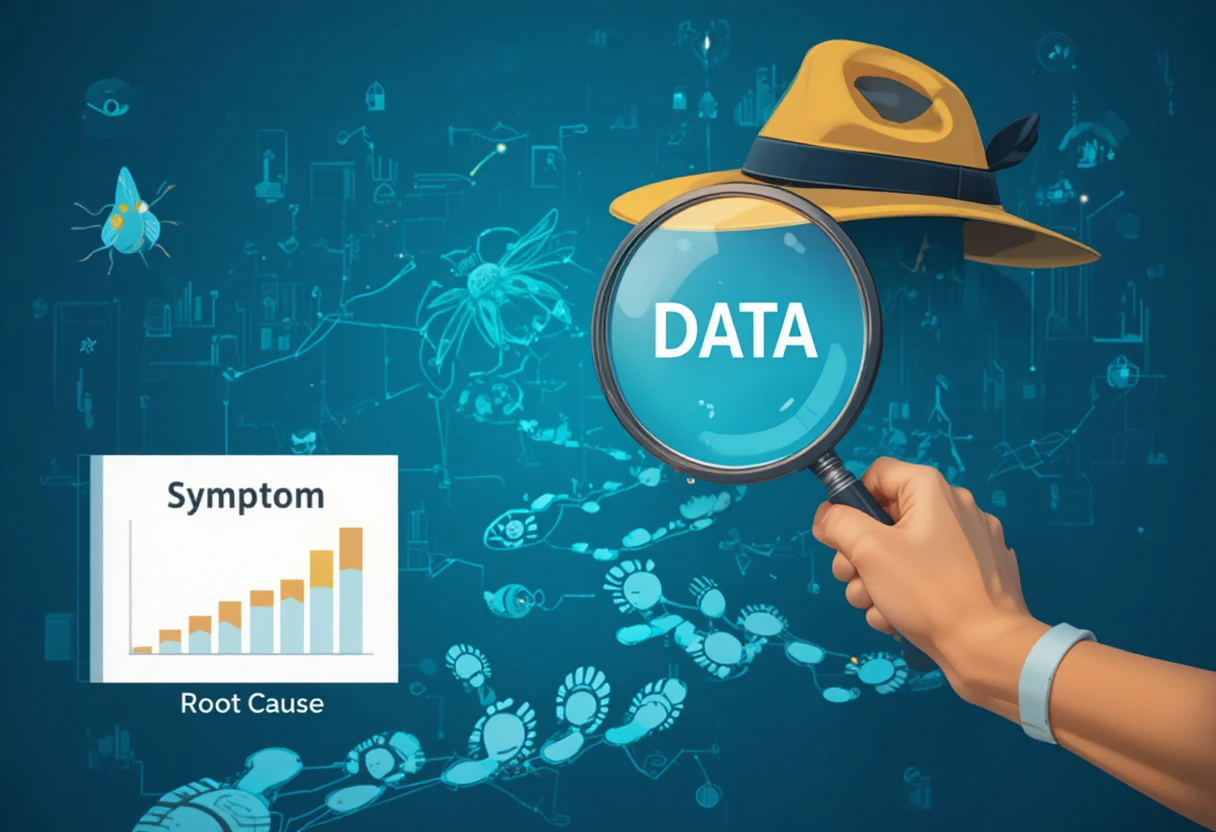Introduction
As artificial intelligence (AI) and machine learning (ML) revolutionize every industry, Technical Program Managers (TPMs) are increasingly at the center of delivering these complex, high-impact projects. From managing model deployment pipelines to aligning cross-functional AI research and product teams, TPMs play a crucial role in turning AI vision into reality.
In this guide, we’ll explore how TPMs contribute to AI/ML initiatives, what makes these programs uniquely challenging, and the skills you need to lead them successfully.
Before You Lead AI Projects: Understand the Fundamentals
What Makes AI/ML Projects Unique for TPMs
Unlike traditional software projects, AI initiatives often involve:
- Probabilistic outcomes rather than binary success/failure
- Cross-disciplinary collaboration between data scientists, ML engineers, product managers, and infra teams
- Long experimentation cycles and iterative model improvements
- Ethical and regulatory implications in production environments
A TPM must understand not just how to manage these programs, but how to anticipate their unique challenges.
Gain Familiarity with AI/ML Concepts
You don’t need to be a data scientist, but you must understand:
- Basic ML workflows (data collection, training, validation, deployment)
- Types of machine learning (supervised, unsupervised, reinforcement)
- Model performance metrics (accuracy, precision, recall, AUC)
- Infrastructure needs (GPUs, model serving layers, pipelines)
Taking foundational AI courses or reading documentation from open-source libraries (like TensorFlow or PyTorch) helps.
During Execution: How TPMs Add Value to AI Projects
1. Define Business Goals for AI Use Cases
Clarify why AI is being used:
- What user problem is it solving?
- Is AI the right solution or is it overengineering?
- What does success look like (e.g., accuracy threshold, business KPI impact)?
Ensure alignment between research and business value early.
2. Manage Cross-Functional Collaboration
AI projects require intense collaboration between:
- Data scientists
- ML engineers
- Product and design teams
- Legal, compliance, and ethics reviewers
TPMs are the glue—ensuring these groups stay aligned, informed, and focused.
3. Build and Manage ML Pipelines
A major part of AI/ML TPM work involves:
- Tracking data lineage and feature availability
- Managing training pipelines and model versioning
- Coordinating deployment schedules with product release timelines
Familiarity with MLOps practices is key.
4. Prioritize Iterative Learning Over Perfection
AI models improve over time. TPMs must:
- Create room for experimentation and failure
- Manage stakeholder expectations
- Prioritize fast feedback loops (via A/B tests or shadow launches)
Treat model development as a living system, not a one-time deliverable.
5. Mitigate Risk, Bias, and Compliance Issues
AI introduces new dimensions of risk:
- Model bias and fairness issues
- Data privacy and regulatory compliance
- Explainability and model audit trails
Ensure ethical AI principles are embedded into your program framework.
After Delivery: Measure and Learn
Measure Model Impact and Drift
Post-launch, track:
- Model decay and need for retraining
- Impact on product KPIs
- Unexpected model behavior or edge cases
TPMs ensure observability is built in from the start.
Document Learnings and Improve Processes
After any AI program:
- Run a technical and process retrospective
- Document model performance benchmarks
- Improve pipeline or experimentation infrastructure
Create feedback loops that benefit future AI work.
Become an AI-Ready TPM with KRACD.com
AI and ML programs require TPMs to level up technically and strategically. At KRACD.com, our industry-focused TPM training prepares you to lead next-gen initiatives with confidence.
You’ll get:
- Structured case studies on AI-driven product launches
- Deep dives into MLOps and model lifecycle management
- Mock interviews tailored for TPMs in AI/ML domains
- 1:1 mentorship from TPMs working in top AI companies
Join KRACD.com today and become the kind of TPM every AI team wants.
Conclusion
AI and ML aren’t just buzzwords—they’re reshaping the future of technology. As a TPM, your ability to manage these programs can make you indispensable. By understanding ML fundamentals, managing complex stakeholders, and embedding ethical AI practices, you’ll be well-positioned to drive innovation.
And when you're ready to accelerate your TPM career in AI, KRACD.com has your back.
FAQs
1. Do I need to be a machine learning expert to manage AI projects as a TPM?
No, but you must understand key concepts, workflows, and how to communicate effectively with technical stakeholders.
2. What tools should TPMs be familiar with in AI/ML projects?
Familiarity with platforms like TensorFlow, PyTorch, MLFlow, Airflow, and model serving tools like SageMaker or Vertex AI is helpful.
3. How are AI projects different from traditional software programs?
AI projects are less deterministic, rely on probabilistic outcomes, and involve experimentation cycles that make planning more dynamic.
4. Are TPMs expected to address AI bias and ethics?
Yes, TPMs should work closely with legal and data teams to identify risks, document decisions, and ensure responsible AI deployment.
5. How can KRACD.com help me break into AI-focused TPM roles?
KRACD.com offers specialized modules on AI/ML program management, mentorship from experienced TPMs, and hands-on case studies to prepare you for real-world challenges.















.png)
.png)
.png)
.jpg)
.jpg)

































.webp)








